NHS Practice Aptitude Test Pack For 2024
Enhance your practice for NHS graduate assessment with this updated NHS Practice Aptitude Test Pack For 2024, featuring all the sections on the actual exams. This book provides insight into what to expect and helps you develop effective study strategies. Kick off your preparation with our (all-in-one pack): NHS Practice Aptitude Test Pack For 2024
- NHS Numerical reasoning test / Talent Q
- NHS Verbal reasoning test / Talent Q
- NHS Logical reasoning tests / Talent Q
- NHS Simulation test / Talent Q
With step-by-step explanations on every question, and hints on how to solve them faster.
About NHS company
The National Health Service is the publicly funded healthcare system in England, and one of the four National Health Service systems in the United Kingdom. NHS offers graduate programs in a range of exciting business areas.
NHS Aptitude tests formats; What to expect:
NHS mostly uses Talent Q style tests for its candidate selection. The sections on the assessments may include any of the following test sections, depending on the role that you applied to and also the country you are applying from:
- Numerical Reasoning
- Verbal Reasoning
- Logical Reasoning
- Situational Judgement Test
- Group Exercise
- Presentation
- Interview
- Personality Test
Handpicked Related practice pack
- Tesco Graduate Assessment Practice Questions pack
- TK Maxx Graduate Assessment Practice Questions pack
- Vodafone Graduate Practice Aptitude Test pack 2022
- YORKSHIRE WATER Graduate Assessment Practice Questions pack
FAQ
Download from Account: Login to your Testpremier account at www.testpremiercom/my-account
Download from email. Simply open your email Inbox or Promotions folder to download.
If you need further support, email to support @ testpremier.com. We respond as fast as possible.

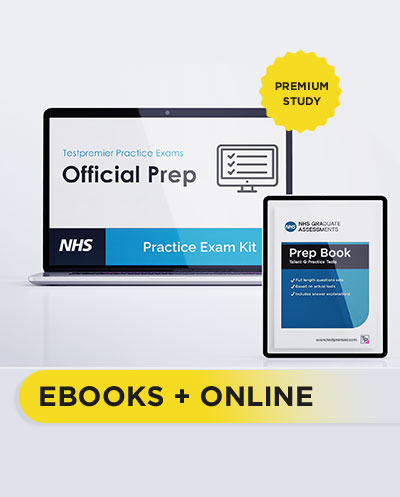
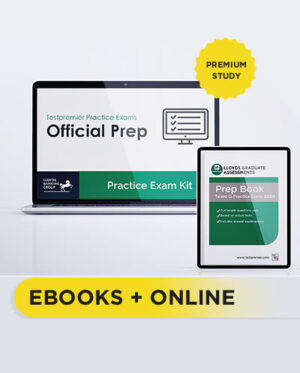
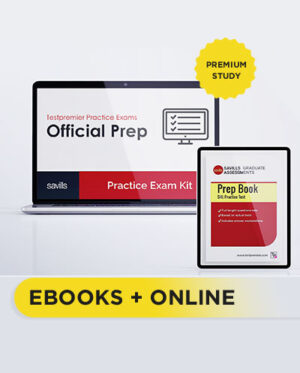
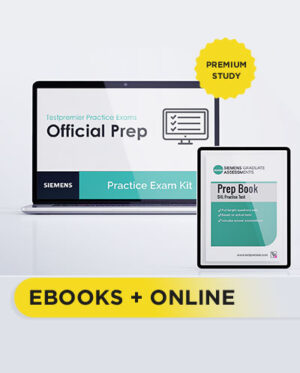
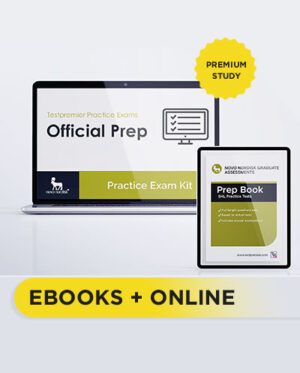
Avery –
Gracias
Grayson –
Thank you so much for your help. It would have been impossible without you